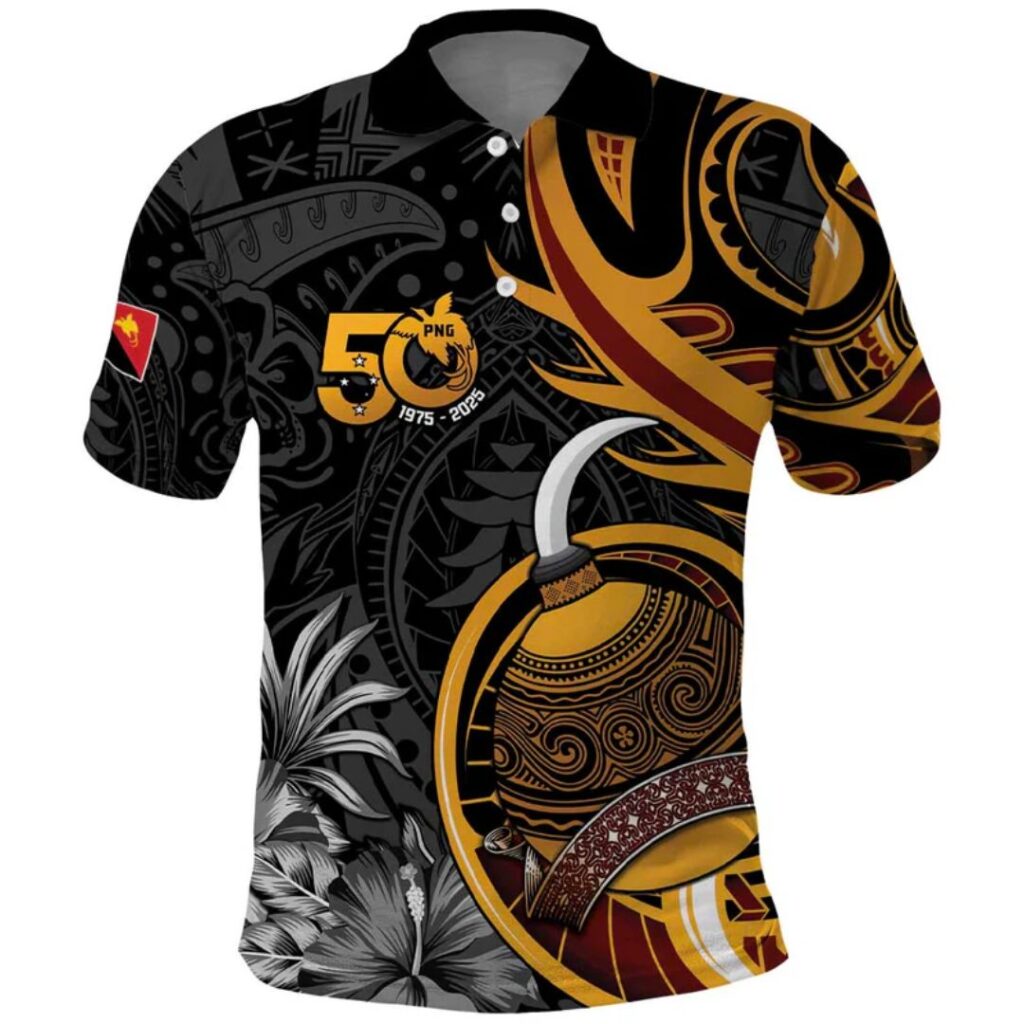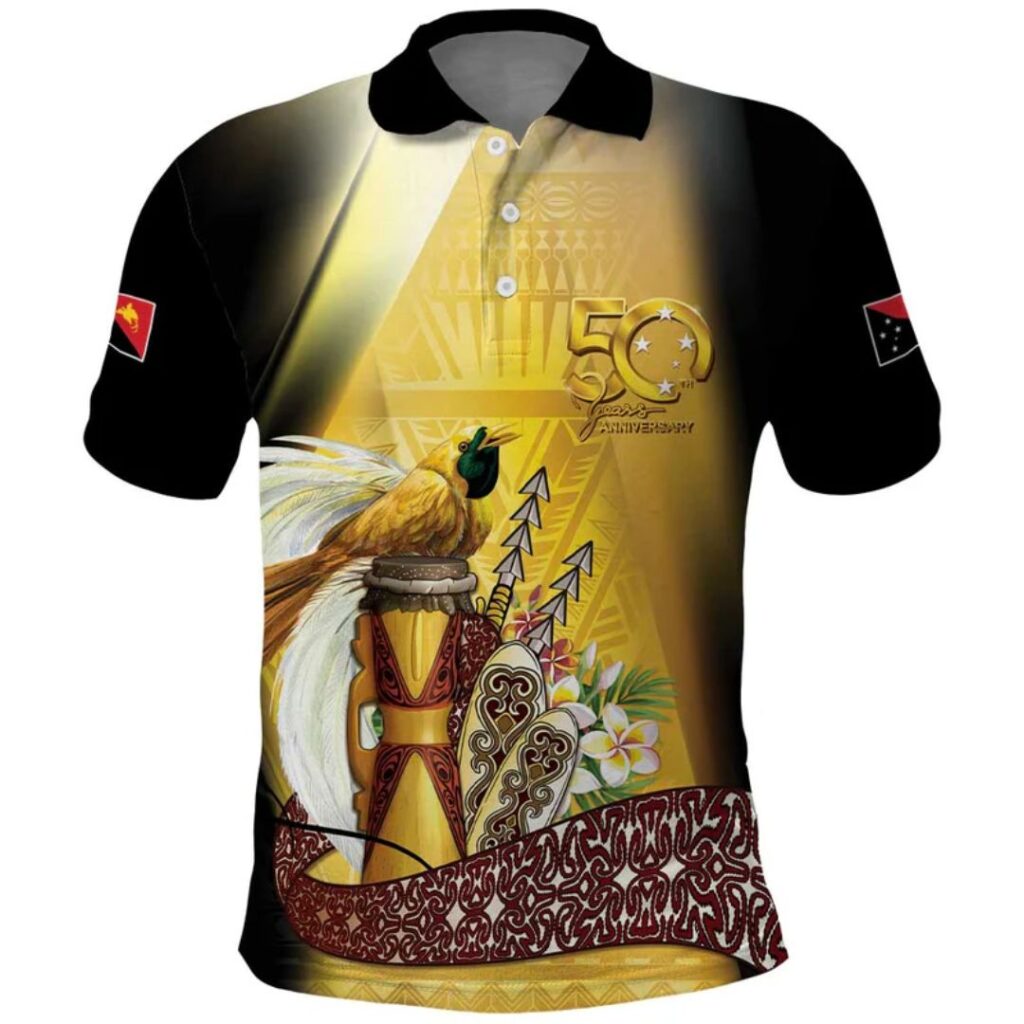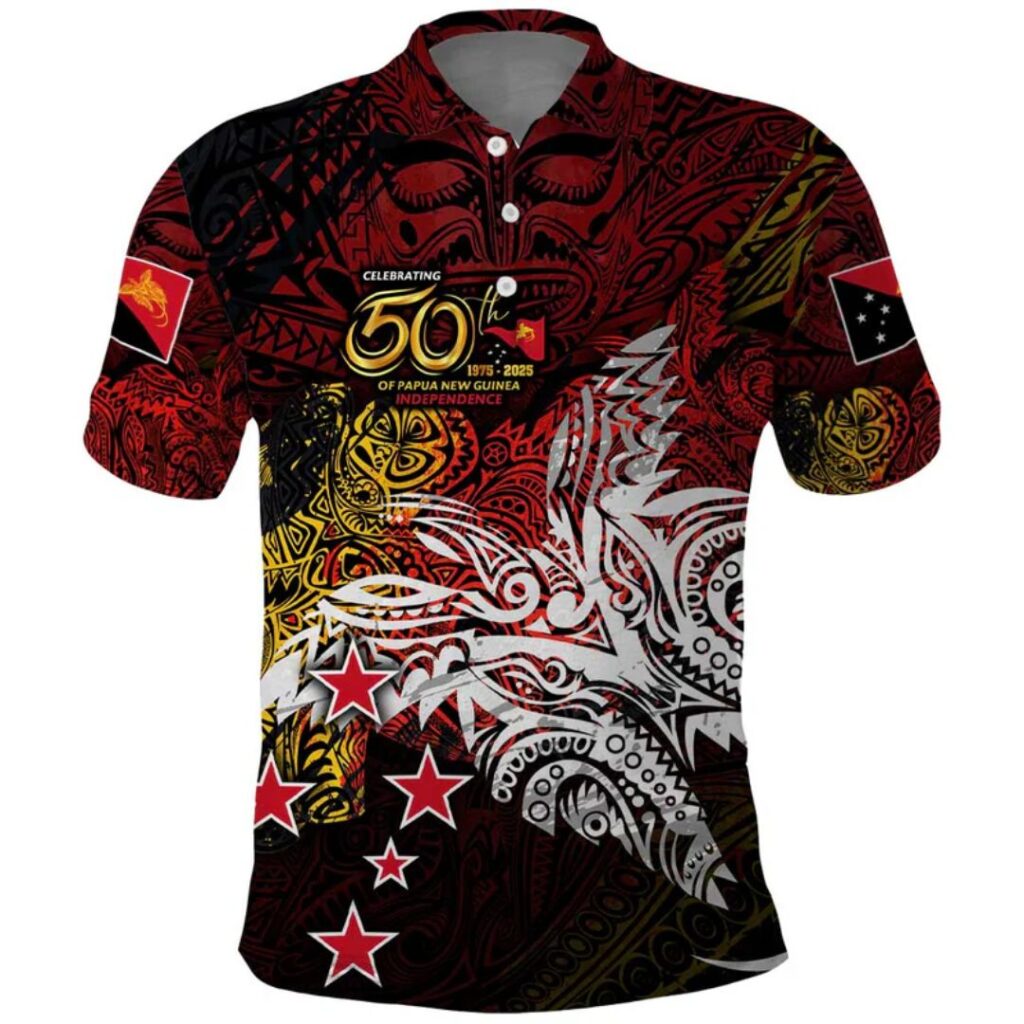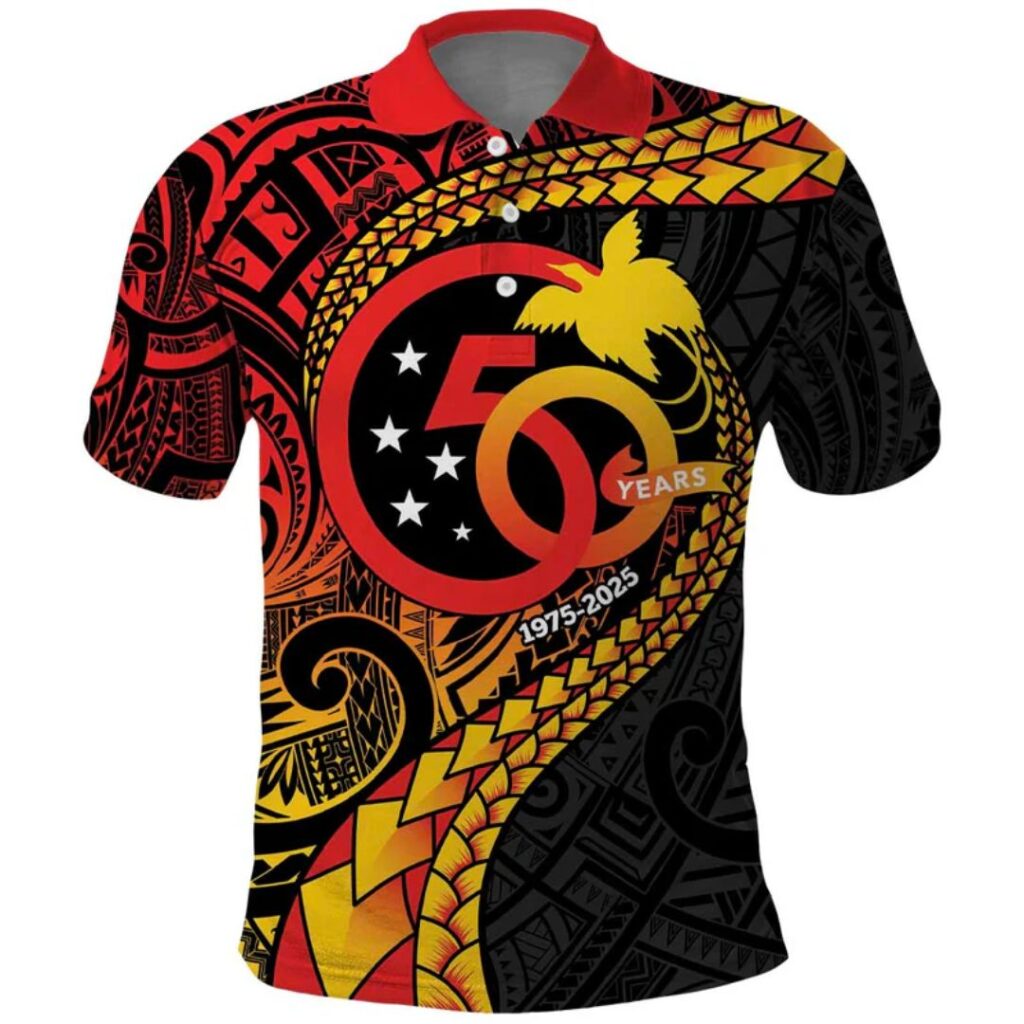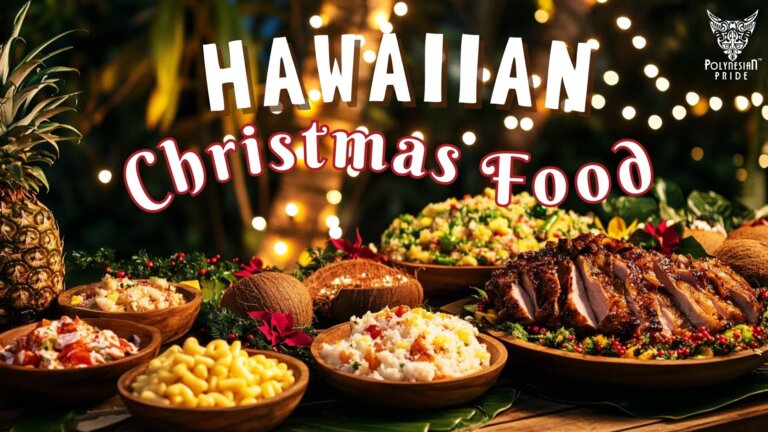How to Celebrating Papua New Guinea Independence Day 2025?
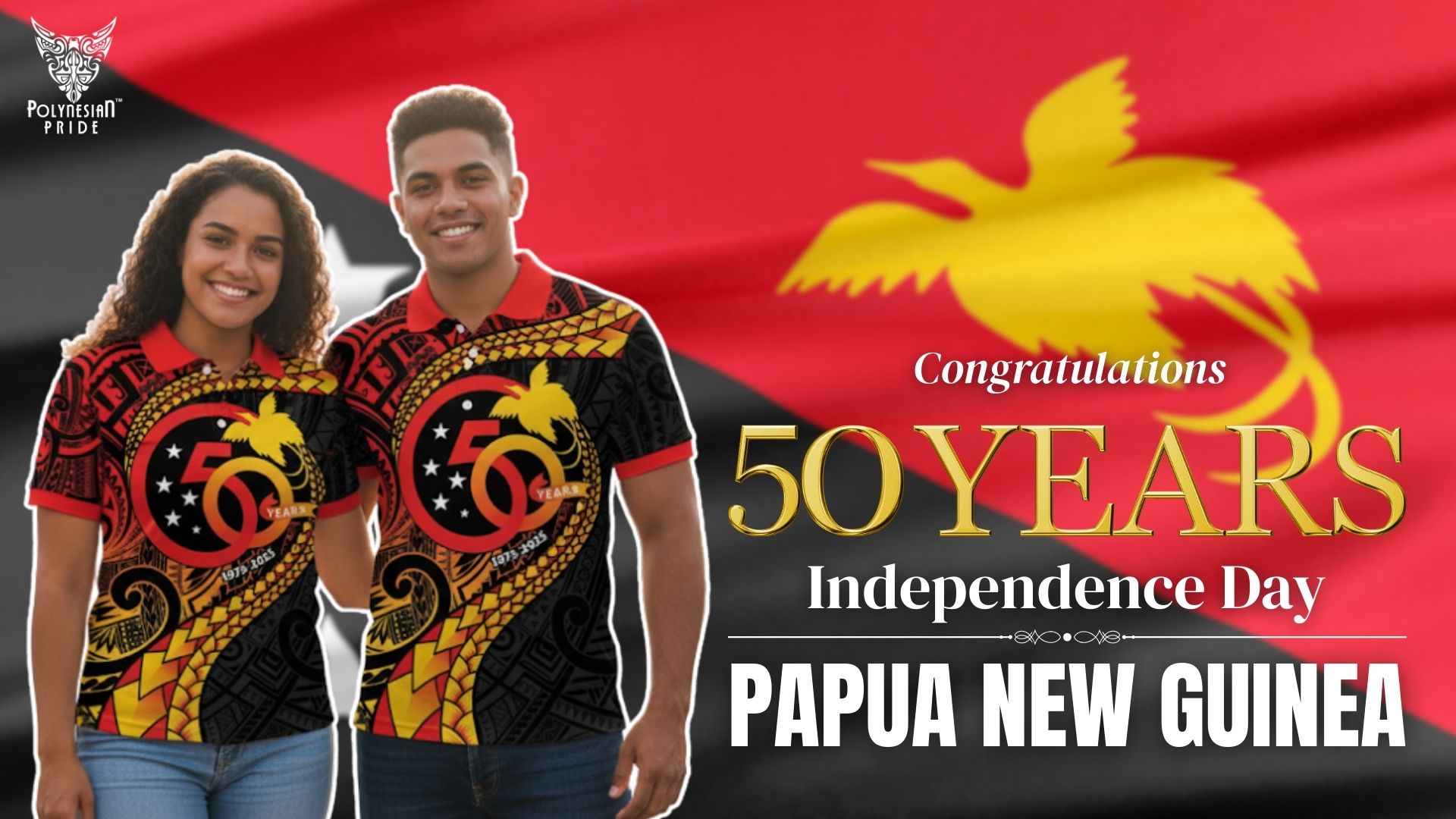
Happy Independence Day!
Papua New Guinea Independence Day 2025 is more than a holiday; it’s a vibrant celebration of freedom, unity, and cultural pride. Observed each year on September 16, it marks the historic moment when Papua New Guinea gained independence from Australia.
Across the nation, communities celebrate with colorful parades, music, and traditional dances that showcase the country’s rich heritage. Let’s explore the history, significance, and traditions of Independence Day, plus how you can experience the festivities in Papua New Guinea.
When is Papua New Guinea Independence Day 2025?
Papua New Guinea Independence Day is celebrated on September 16 each year. This date commemorates the country’s 1975 freedom from Australian rule, celebrated with grand festivities, parades, and cultural events that showcase the nation’s unique traditions and pride. The choice of date holds deep significance as it symbolizes the end of colonial control and the beginning of a new era of self-determination for Papua New Guinea.

The History of Papua New Guinea Independence Day
Path to Independence: Early Colonial Period
Papua New Guinea’s journey to freedom was shaped by several key phases:
- Late 19th century: Colonized by Germany.
- After World War I: the Territory was transferred to Australian administration.
- Mid-20th century: Rising movements and public demand for self-governance.
1964 – Formation of the House of Assembly
The establishment of the House of Assembly in 1964 was a significant political step that allowed Papua New Guineans to have a voice in their government for the first time. This legislative body was composed of elected representatives from different regions, providing a platform for local leaders to address issues and advocate for self-governance. The formation of the House of Assembly marked the beginning of Papua New Guinea’s journey toward self-governance.

1973 – Establishment of Self-Government
By 1973, Papua New Guinea had achieved self-government, a crucial milestone toward complete independence. This step allowed Papua New Guinea to control most of its internal affairs, setting the stage for the eventual transition to full sovereignty.
Self-government introduced new administrative structures and increased local involvement in decision-making processes, paving the way for greater political and economic autonomy.
1975 – Papua New Guinea Independence Day and Full Sovereignty
Finally, on September 16, 1975, Papua New Guinea officially declared independence from Australia. Sir Michael Somare became the nation’s first Prime Minister and held a grand ceremony in Port Moresby to celebrate the event, attracting dignitaries worldwide.
This historic day marked the end of colonial rule and the beginning of a new chapter in Papua New Guinea’s history as a sovereign nation.

Why does Papua New Guinea celebrate Independence Day?
Marked the beginning of Freedom
Papua New Guinea Independence Day celebrates freedom, self-determination, and cultural pride.
For the people of Papua New Guinea, this day is an opportunity to honor their history, recognize the struggles that led to independence, and celebrate their unity despite the nation’s incredible diversity.
The celebration serves as a reminder of Papua New Guinea’s progress since 1975 and the importance of national pride and cultural heritage.
Honoring Historical Struggles for Freedom
This day encourages reflection on the sacrifices made by both leaders and ordinary citizens in the pursuit of self-governance.
It acknowledges the determination and resilience that carried Papua New Guinea through its journey to independence.
Celebrating Cultural Pride and National Unity

Beyond politics, the day is also about embracing cultural traditions and unity. Communities come together through music, dance, and ceremonies to highlight their shared identity and honor the diverse customs that define the nation.
In short, Papua New Guinea celebrates Independence Day to:
- Remember the historic achievement of independence in 1975.
- Pay tribute to those who fought for self-determination.
- Showcase cultural diversity and traditions.
- Strengthen unity and national pride.
How Do Papua New Guineans Celebrate Independence Day 2025?
Flag Raising Ceremony
One of the first events of the day is the flag-raising ceremony, symbolizing Papua New Guinea’s sovereignty. In cities and villages, people gather to watch the national flag, featuring the bird of paradise and Southern Cross constellation, raised high while they sing the national anthem.
Speeches from local leaders, as well as traditional music and dance performances, often accompany the ceremony.

Parades, Marches, and Fireworks
One of the biggest highlights is the Independence Day parade. The military, police, and local groups march in colorful attire, proudly showcasing unity and heritage. As evening falls, fireworks light up the sky, creating a dazzling spectacle of joy and celebration.
Traditional “Singsings”: Cultural Dances and Music
Music and dance play a central role in the festivities. Ethnic groups perform singsings, where rhythmic movements, chanting, and drumming bring cultural stories to life. The beat of garamut and kundu drums fills the air, making this an unforgettable celebration of heritage.

Feasting on Traditional Food and Community Meals
No celebration is complete without food. Families and communities prepare dishes such as mumu (pork or chicken with sweet potato, taro, and greens), sago, and freshly caught seafood. These meals are shared in communal feasts, reinforcing the spirit of family, community, and tradition.

Art and Craft Exhibition
The festivities also showcase Papua New Guinea’s unique art and craftsmanship. Stalls selling handmade jewelry, wooden carvings, and traditional woven bags (bilum) can be found at festivals and markets, offering visitors a chance to take home a piece of Papua New Guinea’s culture. These beautiful crafts are culturally significant, often representing traditional symbols and motifs.

How to Observe Papua New Guinea Independence Day 2025?
Wearing a Papua New Guinea Flag Shirt
Show your pride this Papua New Guinea Independence Day with a vibrant Papua New Guinea flag shirt!
- At Polynesian Pride Shop, we design each shirt with premium 100% polyester fabric and authentic cultural designs, so you can celebrate in both comfort and style.
- Perfect for parades, community gatherings, or simply honoring your heritage, our flag shirts capture the energy and spirit of Papua New Guinea.
🌴 Shop now at Polynesian Pride Shop – island style meets heritage pride!
Join Flag-Raising Ceremonies
When you have your Flag shirt, it’s time to attend a flag-raising ceremony – a great way to honor the country’s independence. Many local communities host these ceremonies, which usually include traditional performances and speeches by regional leaders. Participating in these events provides a deeper understanding of the significance of Papua New Guinea Independence Day and connects you with the local community.
Experience the Goroka Show During Independence Day 2025
If you’re in Papua New Guinea during Independence Day, visit the Goroka Show. This incredible cultural festival offers a unique opportunity to see various tribal groups come together to perform traditional dances and songs, dressed in their distinctive ceremonial costumes. The Goroka Show celebrates Papua New Guinea’s diverse cultures and provides a fascinating insight into the country’s rich heritage.

Attend the Official Celebrations in Port Moresby
Each year, the official celebrations in Port Moresby’s capital draw crowds nationwide. These events include speeches by government officials, parades, and various cultural displays highlighting the nation’s unity and diversity. Attending these official celebrations offers a chance to witness the grandeur and significance of Papua New Guinea Independence Day from a national perspective.
Visit National Museums and Cultural Exhibits
For those who want to learn more about Papua New Guinea’s history and cultural heritage, visiting the National Museum and Art Gallery in Port Moresby is a must. Here, you can explore artifacts, artwork, and exhibits that tell the story of the country’s journey to independence. The museum provides valuable insights into the country’s history, traditions, and cultural practices.

Share Traditional Feasts with Locals
Joining local feasts is a fantastic way to immerse yourself in the celebration. Traditional dishes, lively conversations, and a warm, welcoming atmosphere often fill these communal gatherings, reflecting the spirit of Papua New Guinea. Sharing a meal with local people provides a unique opportunity to experience the country’s hospitality and cultural richness.
Explore Nature and Tribes
Finally, take time to explore the country’s landscapes and tribal heritage. From rainforests to remote villages, Independence Day is also a chance to appreciate Papua New Guinea’s beauty and diversity.

Tips for Visitors During Papua New Guinea Independence Day 2025
If you plan to travel to Papua New Guinea during Independence Day 2025, here are a few simple tips to make the most of your experience:
- Plan early: Book flights and accommodations in advance, as major cities like Port Moresby get crowded around September 16.
- Join local events: Community celebrations, parades, and singsings offer the most authentic cultural experiences.
- Dress respectfully: Light, comfortable clothing in national colors is appreciated, but avoid anything too revealing.
- Respect customs: Always ask before taking photos and follow local guidance during ceremonies.
- Stay safe: Keep valuables secure in large crowds and follow local safety advice.
- Support local artisans: Buying crafts or souvenirs directly from vendors helps preserve traditions and supports communities.
Visiting during Independence Day is a special opportunity to experience the spirit, pride, and cultural richness of Papua New Guinea – just be respectful, curious, and open to new experiences.
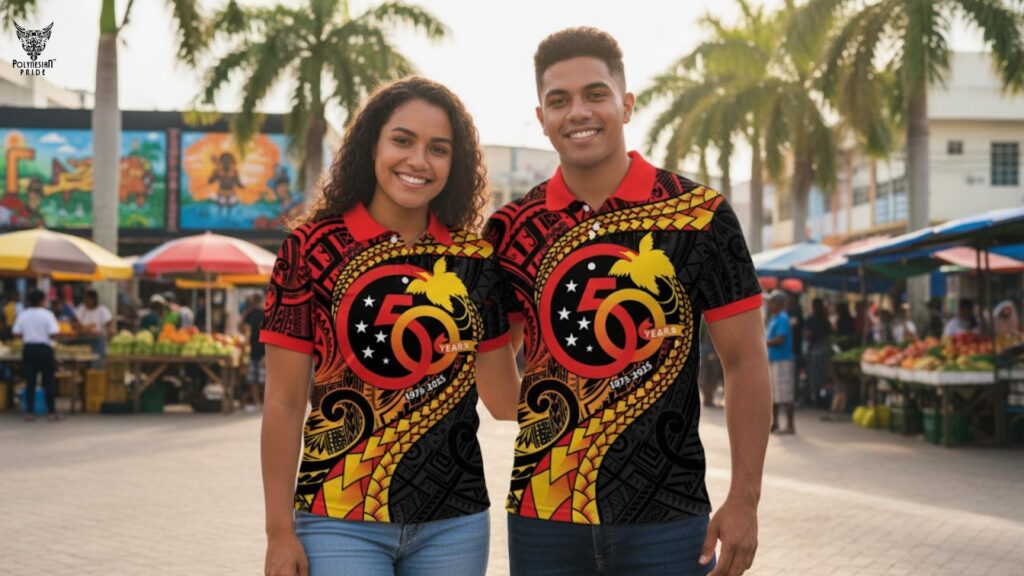
Wrap Up
Papua New Guinea Independence Day 2025 celebrates freedom, unity, and cultural pride. Whether you join parades, enjoy traditional feasts, or learn from afar, embracing the spirit of the day is a meaningful way to honor the nation’s history and heritage.
FAQs About Papua New Guinea Independence Day
What Year Did Papua New Guinea Gain Independence?
Papua New Guinea gained independence on September 16, 1975.
How Do Papua New Guineans Celebrate Independence Day?
People celebrate the day with flag-raising ceremonies, parades, traditional dances, music, and fireworks.
What Is the Significance of the Papua New Guinea Flag?
The bird of paradise symbolizes freedom, while the Southern Cross constellation connects Papua New Guinea to the Pacific. The colors reflect traditional tribal hues.
Is Papua New Guinea fully independent after 45 years?
Yes, Papua New Guinea has been fully independent for over 45 years.
What public holiday in Papua New Guinea?
New Year’s Day, Good Friday, Easter Festival, National Remembrance Day, Repentance Day, Independence Day, etc.

I am a cultural historian and editor with over 10 years of research into pre-contact Polynesian history, the Lapita migration, and oral traditions. Share the excitement of my latest publications.
My contact:
Email: [email protected]
Tel: +64 21 456 7890

